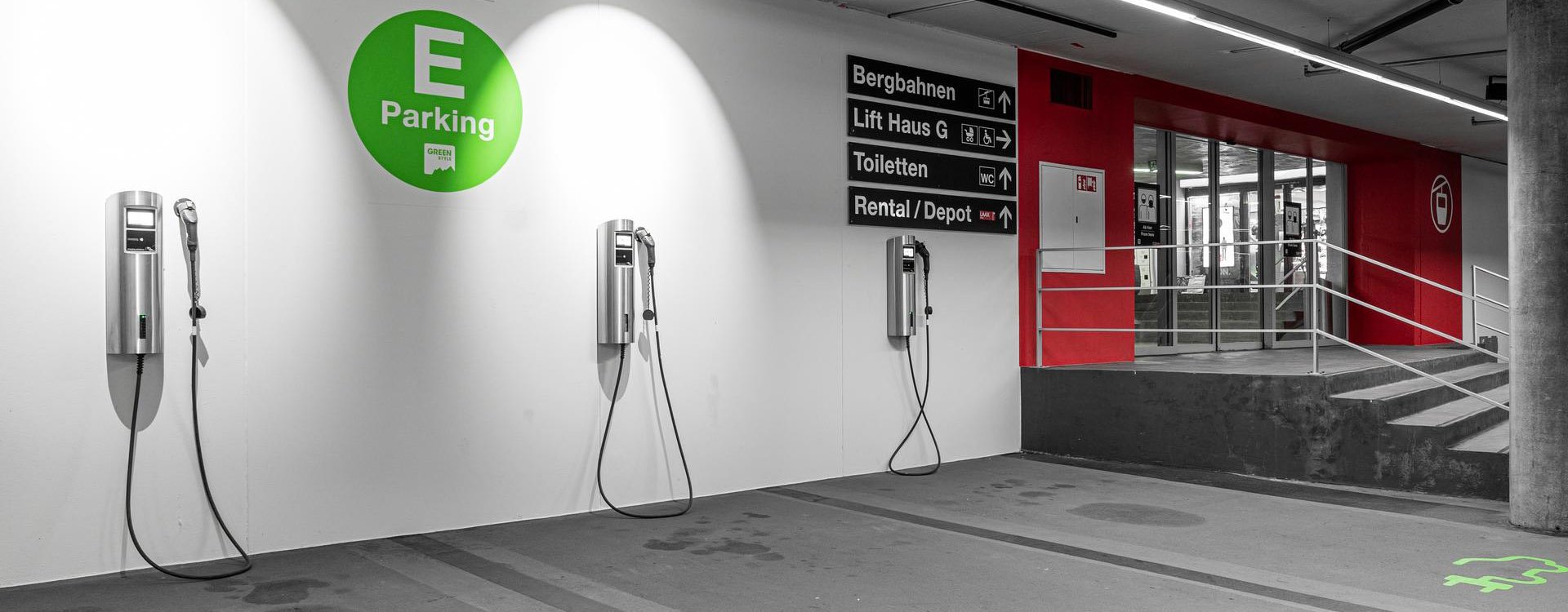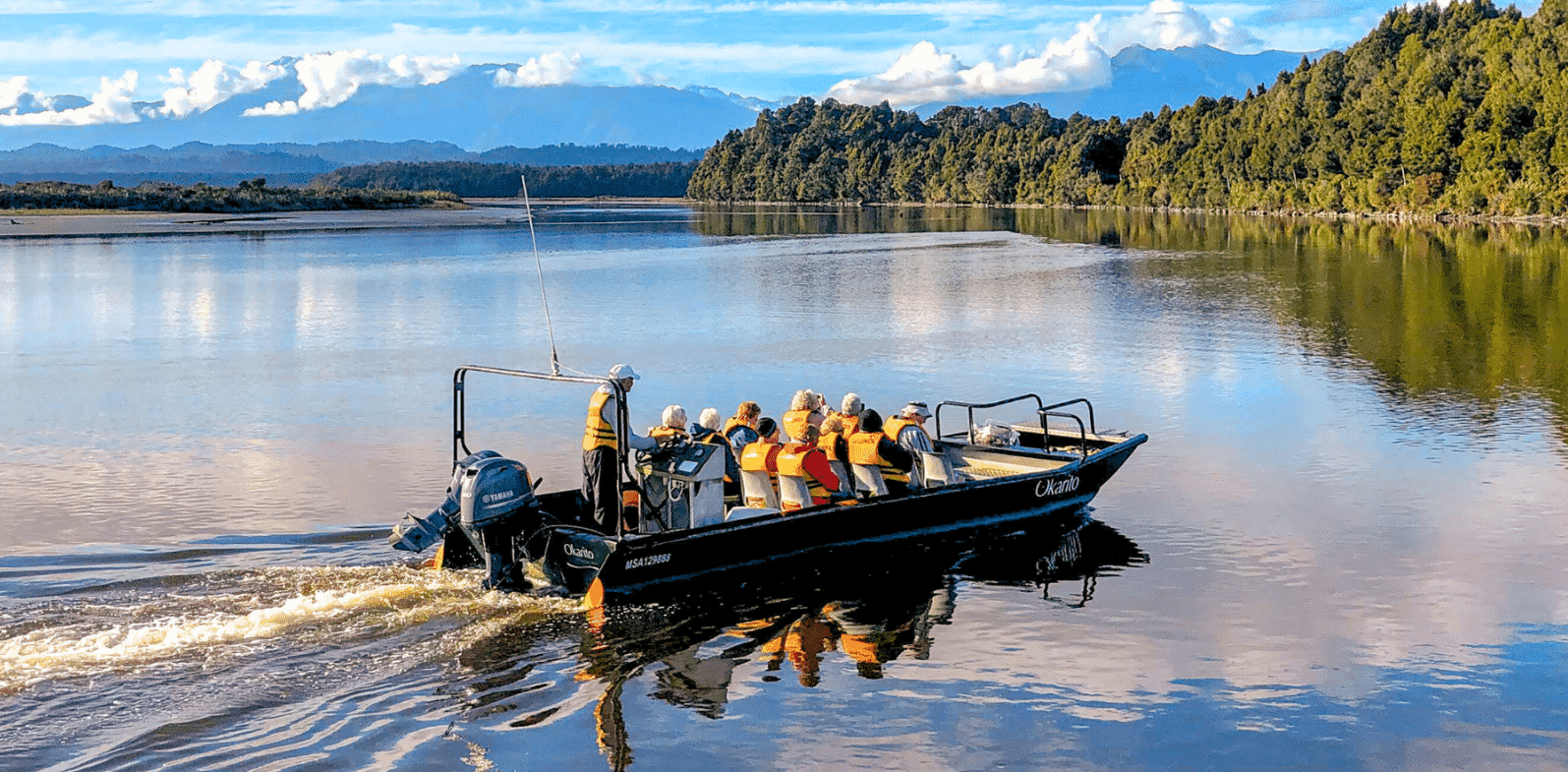Hitting the ski slopes this season? Your winter holiday needn’t cost the earth with our three simple tips.
Ditch the plane
Switching the plane for the train will have the biggest impact on your carbon emissions. A plane journey from London to Geneva, for example, creates around 102 kg of CO2 per person, while taking the same trip by train and taxi produces around 17 kg of CO2 per person. Travel by sleeper to maximise your time on the slopes. Snowcarbon has information on the best train routes to the mountains, and can arrange packages.

Choose your resort wisely
When it comes to sustainability, not all ski resorts are created equal. Serre Chevalier in France runs entirely on renewable energy, while Flims Laax in Switzerland aims to become the world’s first self-sustaining alpine destination. It already has an all-electric fleet of transfer vehicles, is rewilding a dozen forested areas in the region, and the ski lifts are run exclusively on hydro and solar power. In the US, Taos Ski Valley in New Mexico is the world’s first ski resort to be B Corp-certified and is committed to supporting and benefiting the local community, as well as becoming net carbon zero by 2030.
Hotels near Serre Chevalier
Rent, don’t buy
Ski gear is not only expensive (and environmentally damaging to produce), but it is only worn for a short period of time – and in the case of children, often only for one season. Instead of splashing out on new gear, consider renting your kit, or buying pre-owned items from reputable brands such as EcoSki, which specialises in repaired, pre-loved high-spec rentals and sales.
Hotels near Flims Laax
Hotels like The Peaks Place participates in «SWISSTAINABLE», the sustainability program of Switzerland Tourism.

Hotels near Taos Ski Valley
The Blake at TAOS Ski Valley utilizes geothermal heating and cooling system and advanced water efficiency contributing to TAOS Ski Valley’s goal of reducing its greenhouse gas emissions and helped it earn its LEED Silver certification.








